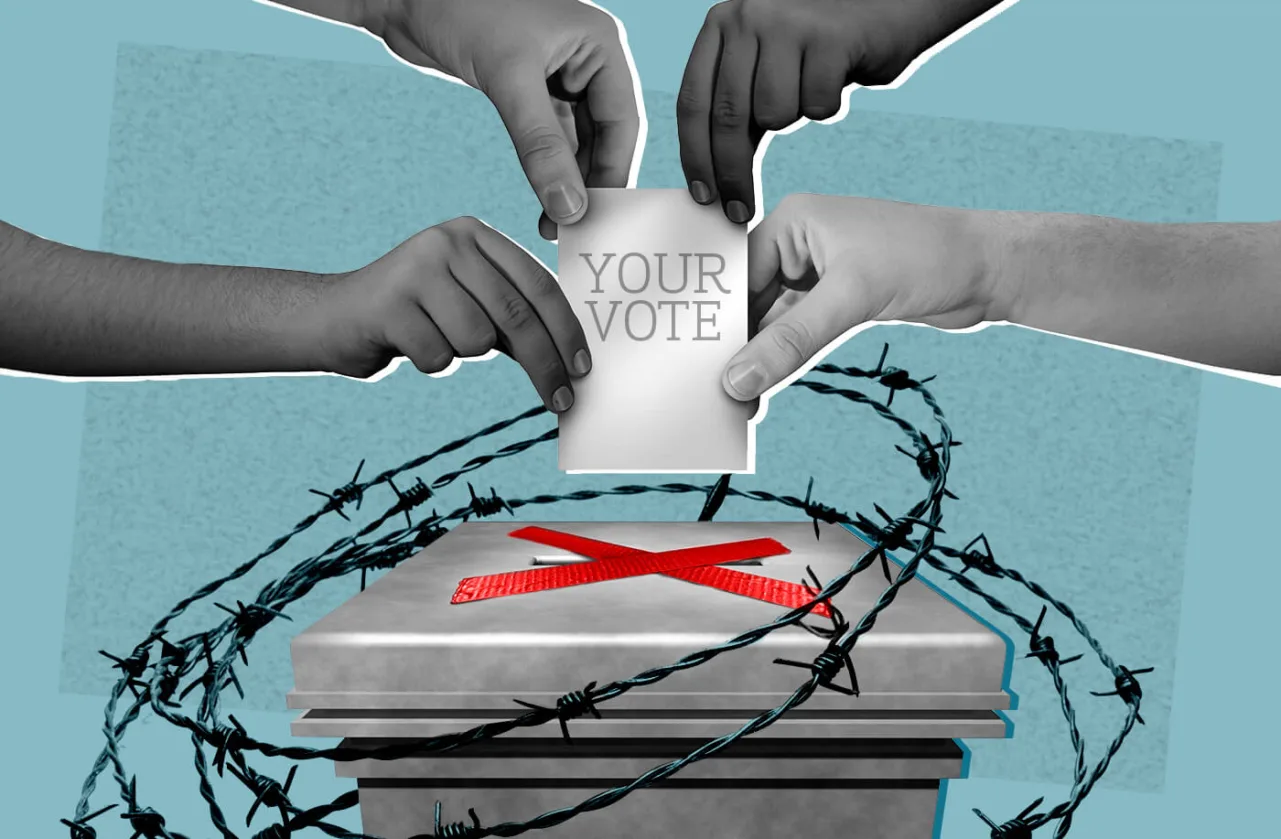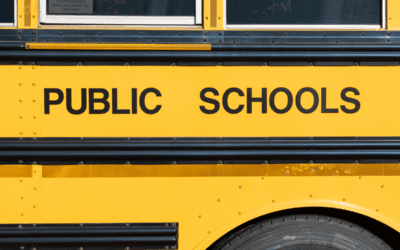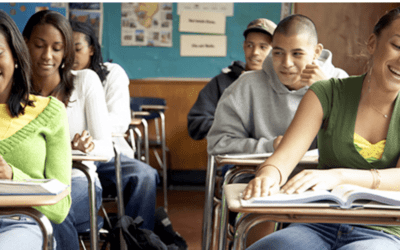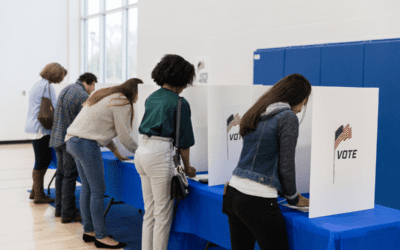
#image_title
GOP bills—sure to face vetoes—are based on false allegations about recent elections.
Wisconsin Republicans, led by state Sens. Duey Stroebel and Alberta Darling and fueled by the myth that there was significant fraud in the 2020 presidential election, are proposing laws that would make it harder for some people to vote.
The proposed bills primarily target absentee voting—a method historically used and supported by both parties but especially favored by Democrats in the 2020 pandemic elections—by adding stricter regulations and extra paperwork, in addition to banning and even criminalizing common practices that homebound or disabled people use to cast ballots. Such efforts are reflective of Republicans nationwide, who as of Feb. 19 had introduced 253 bills to restrict voting rights in 43 other states, according to a report from New York University’s Brennan Center for Justice.
The Wisconsin bills, Stroebel said in a statement to UpNorthNews, are intended to counter extreme levels of skepticism over the integrity of the nation’s electoral process. A July 2020 Reuters/Ipsos poll found the mistrust largely stems from foreign meddling in US elections, voter suppression, and Republicans’ baseless claims of widespread fraud in mail-in ballots.
“My colleagues and I are working to establish clear, uniform statutory guidance that allows voters to have complete trust in our elections,” Stroebel said, echoing a common refrain among Republicans who are proposing restrictive bills nationwide.
But that argument fails to acknowledge, critics told UpNorthNews, that Republicans themselves have caused a huge amount of the distrust based on outright lies. The Wisconsin Elections Commission repeatedly found no widespread irregularities or fraud in the election, but Republicans in the Legislature held a December election hearing to push conspiracy theories in an apparent effort to tee up the newly proposed bills.
“It’s like an arsonist lighting a fire and then being like, ‘Wow, we need better fire safety,’” said Sam Munger, a nonpartisan election policy analyst who formerly worked in Gov. Tony Evers’ office.
“The same people who are alleging that there is a lack of voter confidence in elections are the very people who sowed those lies about election irregularities or voter fraud,” said Eliza Sweren-Becker, a voting rights and elections expert and primary author of the Brennan Center report.
Darling’s office did not respond to a request for comment.
Related: Eau Claire Woman Was Surprised by How Little Her Students Knew About Voting. So She Helped Create Chippewa Valley Votes.
National bill proposals most commonly aim to tamp down on mail-in or absentee votes, create more rigid voter ID policies, reduce voter registration options, and more expansively purge voter rolls. The Brennan Center says such measures are “grounded in a rash of baseless and racist allegations of voter fraud and election irregularities.”
Democrats in the House of Representatives last week passed a sweeping voting rights bill that would preempt some of these changes by expanding absentee voting, putting a damper on strict voter ID policies, and making it harder to purge voters. The bill’s fate is unclear in the Senate, where Democrats would need to flip 10 Republican votes to overcome a filibuster.
Stroebel and Darling’s proposals include:
- Adding extra paperwork, including a doctor’s note for people under 65 and sworn statement for everyone, for voters to qualify for the “indefinitely confined” status, in addition to prohibiting someone from using a pandemic as a reason to claim the status; indefinitely confined voters would need to reapply for the status every two years; indefinitely confined voters would now be required to provide a photo ID
- Effectively banning official ballot collection events like Madison’s “Democracy in the Parks” in which the city dispatched poll workers to collect absentee ballots at city parks
- Making it a felony offense to deliver someone else’s ballot unless you’re an immediate family member or designated individual; individuals could now only turn in one non-family member’s ballot
- Prohibiting election officials from “curing” ballot envelopes, a process by which clerks can fill in missing information on the envelopes; the new law would require election officials to mail ballots back to voters
- Making it a felony offense for employees at residential care facilities, like nursing homes, to encourage or discourage residents to vote, or attempt to influence their vote
- Charging election officials with felonies if they issue absentee ballots to voters who haven’t applied, or if they send a voter an unsolicited absentee ballot application
- Limiting absentee ballot drop boxes to one per municipality; the drop box must be attached to a clerk’s office
- Prohibit municipalities from accepting private grant money to run elections
“These bills are not about changing the outcome of any election,” Stroebel said. “The legislature’s job is to observe problems and find ways to solve those problems so they don’t undermine public confidence in future elections.”
Voting rights advocates said they are alarmed by many of these provisions.
Barbara Beckert, director of the Milwaukee office of Disability Rights Wisconsin and a coordinator with the Wisconsin Disability Votes Coalition, said Wisconsinites with disabilities would be among those most affected by these laws.
“We’re concerned a number of these proposals would create barriers and disenfranchise a lot of voters who we advocate for and with,” Beckert said.
For instance, requiring indefinitely confined voters to get a doctor’s note and provide a photo ID to obtain a ballot would essentially be an illegal poll tax, Beckert said. Visits to a doctor to fill out the form wouldn’t be covered by insurance, and many people with disabilities do not already have photo IDs because they don’t drive, Beckert said.
She also said the limit on individuals turning in other people’s ballots could also pose serious problems, because volunteers with her organizations frequently serve multiple non-family members who have no other way to cast their ballots due to disability.
“It would be a mistake to make a decision based on … a perception that there was abuse this year and disenfranchise the honest voters of our state who need this accommodation,” Beckert said.
Residential care facility residents would also be disserviced if staff members are essentially prohibited from talking about voting, Beckert said, adding that the proposal might violate federal law that stipulates nursing homes need to “support and affirm” residents’ voting rights.
“These are people who need assistance with completing their ballot, and they’re legally entitled to that,” Beckert said. “It’s important that it be completed as the voter directs, and if staff are doing it in a way that is not how the voter directs, that’s [already] illegal.”
Debra Cronmiller, executive director of the League of Women Voters of Wisconsin, said one particularly problematic proposal is the bill that would limit drop boxes to one per municipality that must be attached to a local clerk’s office. While many townships and small villages may have had only one drop box in November, she said, larger cities’ residents needed multiple drop boxes because they could have a harder time getting to their clerk.
“The clerk’s office could be 10 miles away from your home [in a bigger municipality],” Cronmiller said. “You might have to take three different buses to get from your home to that clerk’s office. It’s much more convenient for the voter to be able to access a drop box that’s in their own neighborhood near a fire station or a library.”
The League of Women Voters is opposed to most of the proposed bills, Cronmiller said.
“It’s so contrary to our history of thinking about voting that we would come first with the thought that, ‘Well, we have to prohibit this group of people from voting, we have to make it more difficult for this group of people to vote,’” Cronmiller said.

Opinion: Many to thank in fair maps victory for Wisconsinites
On February 19, 2024, Governor Tony Evers signed into law new and fair state legislative maps, bringing hope for an end to over a decade of...

Opinion: Empowering educators: A call for negotiation rights in Wisconsin
This week marks “Public Schools Week,” highlighting the dedication of teachers, paras, custodians, secretaries and others who collaborate with...

Op-ed: Trump’s journey from hosting The Apprentice to being the biggest loser
Leading up to the 2016 election, Donald Trump crafted an image of himself as a successful businessman and a winner. But in reality, Trump has a long...

Not just abortion: IVF ruling next phase in the right’s war on reproductive freedom
Nearly two years after the US Supreme Court overturned Roe v. Wade, another court is using that ruling to go after one of the anti-abortion right’s...




